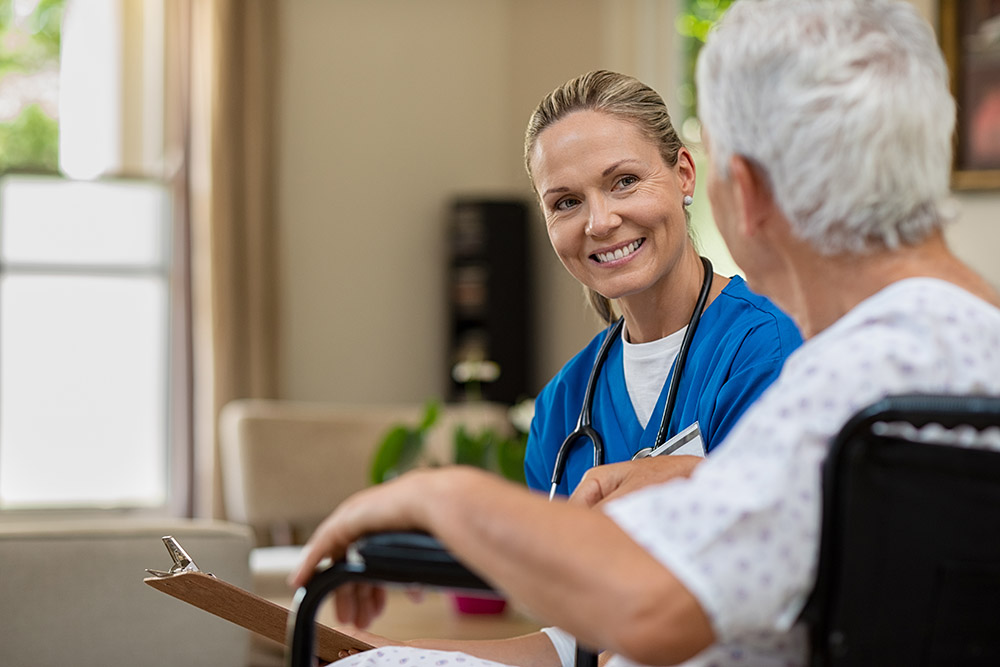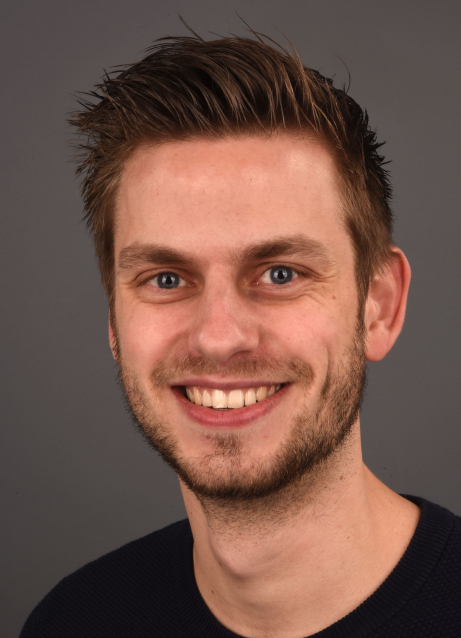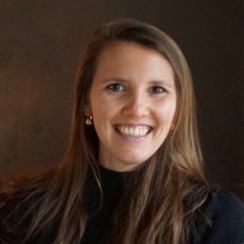UM launches new specialty training programme in geriatric medicine
As of 1 September 2020, doctors can start training to become specialists in geriatric medicine at Maastricht University (UM). The Register of Medical Specialties visited the Department of General Practice at UM in February, and last week the new programme was officially recognised. The brand-new training institute broadens and strengthens the range of specialty training at MUMC+.
Complex care needs
Only the most vulnerable and infirm elderly people are eligible for admission to a nursing home, and they often have complex care needs. Moreover, the number of older people living independently is growing, and the care they require is often too intensive and complex for GPs to deal with alone. Geriatric specialists are crucial as medical experts in the provision of care for these vulnerable elderly people, both in nursing homes and in primary care as advisors to GPs.
The head of the new programme is Dr Mariëlle van der Velden-Daamen, a specialist in geriatric medicine. ‘The profession is very diverse: geriatric rehabilitation care, care for people with dementia or chronic somatic disorders, palliative care and primary care support. Just because treatment is possible doesn’t mean it’s necessary. It’s not that in nursing homes you simply stop treating people. Before you make this decision, you want to know what could be wrong with them. Diagnoses are also made in nursing homes.’
Current events underline how vital it is to have sufficient GPs and geriatric specialists. Maastricht trains medical professionals for and in the region, both in geriatric medicine and general practice. These fields are complementary.
Existing infrastructure
The new programme will be part of Maastricht University’s Department of General Practice, which also offers a three-year GP specialty training programme. This means the existing infrastructure can be used optimally. There will also be new opportunities for cooperation among doctors in specialty training, and between general and specialty training programmes.
‘Preparations for the start are in full swing. We’re accepting applications for the first year of the programme until 1 May. At the same time, we’re recruiting staff. The first-year curriculum is basically ready, and we’re also looking at innovations in healthcare and training.’
For more information, see www.ouderengeneeskundemaastricht.nl
Also read
-
Patients admitted to hospital due to a severe COVID-19 infection exhibit no evidence of brain damage caused by the disease. This is the conclusion of an extensive study led by Maastricht University.
-
Due to the Western lifestyle with a high fat diet combined with little exercise, more and more people in the Netherlands are overweight or even obese. This causes an increased risk of type II diabetes. What can be done about this besides a healthier lifestyle? The answer comes from an unexpected...
-
Survivors of colon cancer often have symptoms associated with the cancer or treatment for years after treatment, such as fatigue and tingling in fingers and feet. This has a great impact on the perceived quality of life. Whereas current lifestyle advice is mainly aimed at prevention of (colon)...



